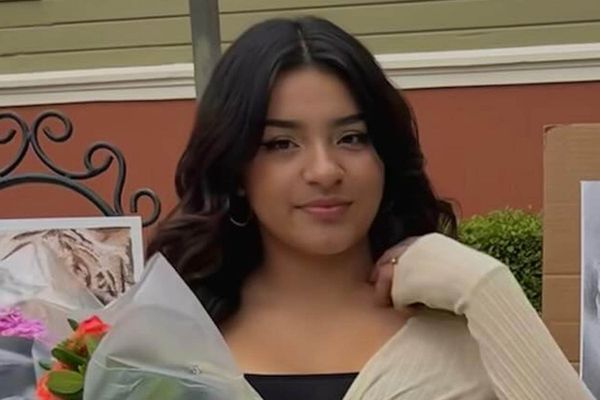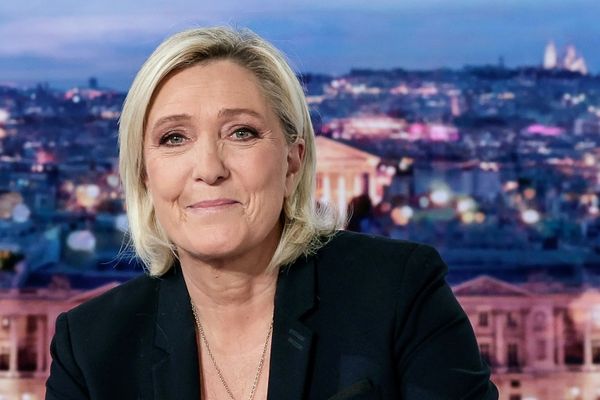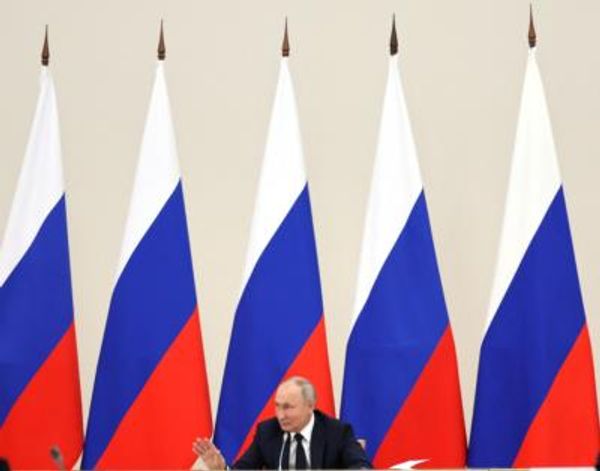The hatchet seems to be buried between Joe Biden and Elon Musk.
After months of tension marked by mockery, personal insults and snubs on both sides, the two sides seem to be doing everything to repair a relationship that has deteriorated a lot.
Things should never have come to this, as Tesla (TSLA) symbolizes one of Biden's priorities. The Democrat leader would like electric vehicles to be the benchmark for the automotive market by 2030. For his part,, Elon Musk has set himself the mission of saving the planet from pollution via Tesla.
The premium electric vehicle maker is by far the world's largest seller of electric cars.
Tesla also inaugurates this April 7 its fourth production plant in Austin, Texas. It is the second Tesla car manufacturing site in the United States after Fremont in California.
The group is also one of the most widespread automakers with charging networks, another priority of the Biden administration. In view of all this, one could only expect a friendly relationship between Biden and Musk.
A Year of Tensions
But no. Biden waited until last Feb. 8, more than a year after his inauguration, to publicly utter the word Tesla.
As the largest manufacturer of electric vehicles in the country, Tesla believes that logically the firm should be seen and presented as an example by the new administration.
Biden also completely omitted the CEO during White House invitations with other auto industry bosses to discuss his environmental plans.
The standoff between Musk and the Biden administration escalated on Jan. 26, when Biden posted on Twitter a video of him standing next to GM CEO Mary Barra.
"I meant it when I said the future was going to be made right here in America," the president wrote. "Companies like GM and Ford are building more electric vehicles here at home than ever before."
Musk responded on Twitter: "Starts with a T Ends with an A ESL in the middle."
In the first quarter, Tesla delivered 310,048 EVs worldwide and produced 305,407.
As for Ford, the company sold 6,734 of the electric-SUV Mustang Mach-E, while GM sold just 457 electric vehicles in the first three months.
Meeting with Senior Biden Administration Officials
Biden and Musk seem to want to move on because their confrontation, which was played out in the public space, did not benefit anyone. On the contrary.
There have been small steps. Musk gave Labor Secretary Marty Walsh a tour of Tesla's Austin factory recently. He also hailed Biden's efforts in the Russian invasion of Ukraine.
For its part, the administration has made it clear that Musk is not opposed to unions, one of the bones of contention between the tech tycoon and Biden, according to media reports.
The warming of their relationship has just taken a new step forward.
Elon Musk has just officially met with senior administration officials to discuss deploying EV and chargers.
According to a readout of the meeting, Transportation Secretary Pete Buttigieg, Energy Secretary Jennifer Granholm, National Climate Advisor Gina McCarthy, and Senior Advisor and Infrastructure Coordinator Mitch Landrieu were the administration officials the billionaire met with.
In addition to Musk, the CEOs of (GM) Mary Barra, Jim Farley of Ford (F), Carlos Tavares de Stellantis (STLA) (former Fiat Chrysler), Peter Rawlinson of Lucid (LCID) were also invited to this meeting. In all, there were 12 business leaders from the automotive sector.
"Administration and automaker leaders agreed that EV charging is an essential public good and are committed to achieving President Biden’s goal of 50% EVs by 2030," according to a statement from the U.S department of Transportation.
"Automaker leaders emphasized the key role of government and industry working collaboratively to ensure a reliable national EV charging network that could support all Americans in all communities as well as a domestic supply chain for batteries and critical materials that will power our future transportation system."
The Biden administration insisted that there was much-needed change.
"There was broad consensus that charging stations and vehicles need to be interoperable and provide a seamless user experience, no matter what car you drive or where you charge your EV."
The Biden plan calls for any automaker that takes advantage of the funding to build charging stations that can be used by other automakers' vehicles.
The latter have adopted the same standard CCS standards in North America, which means that they will not have to do anything extra to adjust their existing stations.
However, Tesla is different because the company has its own Supercharger charging network. But the carmaker has already said it plans to allow non-Tesla electric vehicles to use it in the near future.







